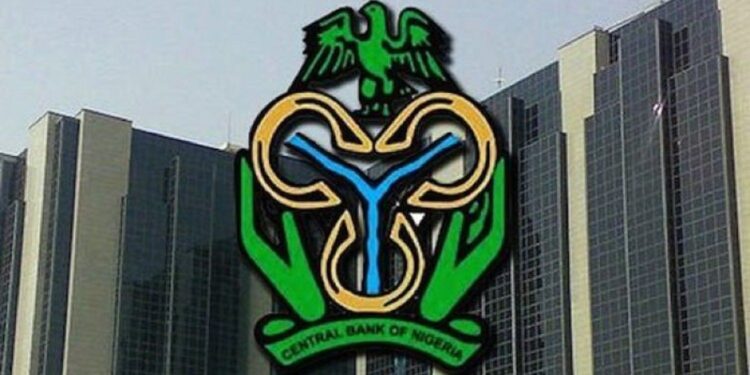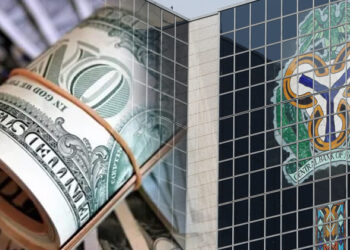The Central Bank of Nigeria (CBN) has raised alarms over increasing loan defaults by large private corporations and certain financial institutions in the first quarter of 2025, despite general improvements in loan performance across other borrower categories.
According to the CBN’s latest Credit Conditions Survey, major corporate borrowers and Other Financial Corporations (OFCs) recorded deteriorating repayment behavior, posting a default index of -0.6. This marks a reversal from the improved performance these sectors had shown in the last two quarters of 2024.
In contrast, smaller businesses demonstrated more resilience. The data showed that Small and Medium-sized Enterprises (SMEs) posted better default scores, with small businesses at 0.5 and medium-sized firms at 3.0. Analysts believe this could be tied to more prudent lending practices and stronger operational cash flows in these segments.
Household loans also continued their positive trajectory. The survey revealed that both secured and unsecured personal loans experienced lower default rates, with default indices of 3.9 and 5.0 respectively—indicating sustained borrower discipline and improved credit conditions for consumers.
However, the report highlighted that access to credit is becoming more selective. While there was strong demand for corporate and secured household loans in Q1 2025, lenders simultaneously implemented stricter screening measures. Approval rates for unsecured loans declined, suggesting a more cautious approach despite rising loan applications.
On the corporate lending front, the demand was largely driven by inventory financing, a reflection of ongoing business adjustments to inflationary pressures and supply chain disruptions. Meanwhile, loan pricing across most sectors tightened, with wider spreads over the Monetary Policy Rate (MPR), indicating increased risk premiums.
Interestingly, despite worsening defaults among OFCs, some lenders appeared to ease interest spreads for the segment—possibly anticipating improved conditions or external support.
The CBN’s findings may prompt a reevaluation of credit risk strategies in Nigeria’s banking sector. With large firms showing signs of financial stress, experts warn of potential knock-on effects on overall financial stability and lending confidence, even as household and SME segments continue to show promise.











